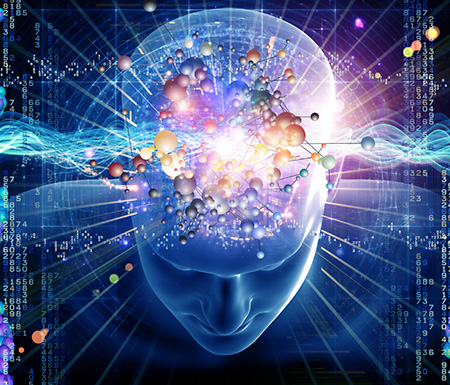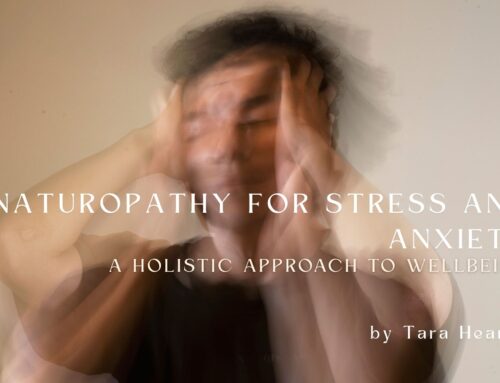Understanding how our body chemistry works can help us to prepare and to succeed in cutting down and withdrawing from addictive foods and other substances.
Neurotransmitters are chemicals that form part of the body’s chemistry and are released within the brain and body. They help to create our moods, our sleep cycle, muscle co-ordination, pain regulation and alertness. They can also stimulate cravings through the “pleasure and reward cycle”.
Let’s look at Dopamine in particular. Dopamine controls our muscle movement, our pleasure/pain sensations, our ability to emotionally express our addictive tendencies and ourselves. For example, when we receive nicotine from cigarettes, dopamine is released from our brain, which makes us feel good. So when our dopamine drops, we crave nicotine because our body has learnt that this substance will cause a release of dopamine in our body, and we will then feel pleasure. This is the “pleasure and reward cycle”, seeking out substances or learnt behaviours that will give us a boost of dopamine and other neurotransmitters to make us feel good. Please note, this theory is based on a large proportion of our population being deficient in dopamine to begin with. Caffeine and various forms of sugar also work on this “reward and pleasure” pathway. Causation of this deficiency in neurotransmitters in our population can also come back to inadequate nutrition. Neurotransmitters are chemicals that are formed from protein and other important nutrients, such as magnesium, B vitamins and iron. Without these important nutrients, our body cannot make neurotransmitters. Hence, by supporting our neurotransmitter production we can begin to decrease our reward seeking behaviour because we are producing adequate amounts of dopamine.
The careful balance in our body between our neurotransmitters can be affected by:
- What food we eat (we can’t make these guys without the ingredients)
- How well our digestion is breaking this food down
- How well our body absorbs and transports these nutrients from our food to our brain and other organs.
So eating whole foods, paying attention to our digestion and resolving any symptoms of pain, bloating, excessive flatulence, constipation or diarrhoea is vital to treating addictions. As well as, being mindful of our cravings and checking in with our motivations can be a giant step forward in resolving our addictions. This is one of many links in our understanding of addictions and there are many tools that we require to resolve them. The most important tool being support; so whether you have a Naturopath, Counselor or another Practitioner at your side; it’s important that you step forward with support.
With warmth,
Beth has Naturopathy and Kinesiology appointments available on Mondays and Tuesdays.
Book here for Naturopathy at Kundalini House or call (03) 9482 4325








Leave A Comment